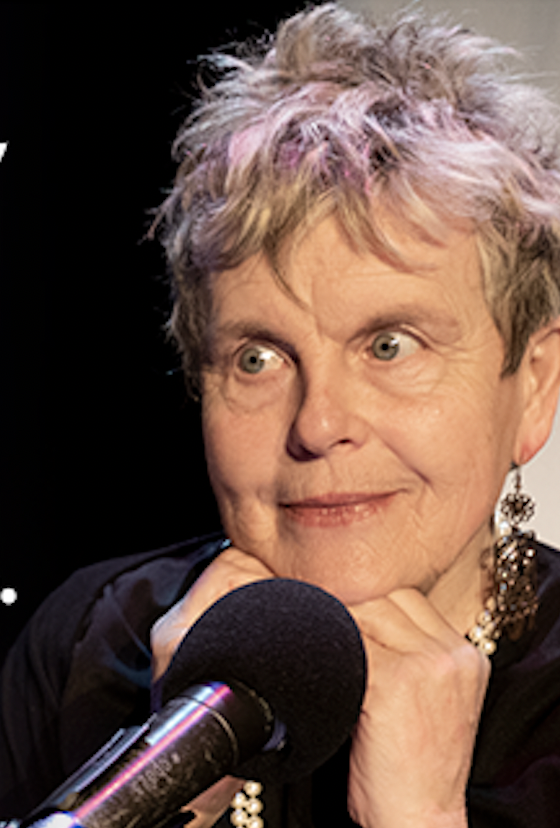Getting feedback on your work is needed as a writer. You move forward but learning how to interpret it is tricky. You want to be open to suggestions. But you also want to know what it is you need to do to fix the places in your story. The word editor has a variety of meanings.
There is a substantive editor who looks through the structure and teases out the theme. There is a line editor who sharpens your sentences and looks for repeated thoughts and mirror stories. (Mirror stories are often two chapters or two anecdotes that basically say the same thing- and you must choose which ones to keep)
Then there are the people who proof your manuscript. Those people who ask questions like, do you mean a hyphen or an em-dash here? This is helpful if you are sending it out to readers who don’t know you and at the very end of the process so that a reader or a publisher gets the very best version of your script.
You need each of these kinds of editors at different times.
The challenge is to find out where you are at and what the story needs.
Let me explain. I just wrote a book called Window-shopping for God. At first, I didn’t go to editors. I just let people who love me read it first. Good readers who read lots. The type of friends who would say they loved it and would be honest with me about parts that confused me. Your good friends help give you the confidence to continue.
But eventually you need a substantive editor who will look at the whole shape of the book and chart out what each chapter and if each story is moving the reader forward. Has what I’ve written support my thesis and theme or am I just telling another funny story? ( I am guilty of this as I am full of funny stories that don’t work for the book I am writing.)
The person I have editing my book now is looking at each chapter as well as doing a line edit of the book to make sure I have strong imagery, and all the connective tissue is there he reader. She looks for missing facts ( I wrote a whole book that revolves around my brother and didn’t tell the reader what he looked like) She makes suggestions where some of it is not landing on the page. Also she tells me where I am grandstanding and not including the reader. As painful as this can be, I can’t tell you how beautiful it is to have someone hold your book in their head for you. You don’t feel so alone!
After she is done the proof-reading will begin.
HERE ARE MY TIPS FOR RECEIVING FEEDBACK:
Don’t receive written notes just by email. Make the person chat with you as you read.
A lot of nuances are lost in the translation of email. And they might ask questions. Writing and editing
Is a dialogue.
Don’t listen to your wife or husband at the beginning. (There may be a rare exception, but family doesn’t give good)
You need someone who doesn’t know how you speak, and your intonation. Someone who can tell you if your idea is on the page.)
If the editor is prescribing changes, make sure they have read the whole piece. So many people don’t read your book as thoroughly as you think. Even if they are very detailed they do not know your story like you do.
My rule of thumb if three people give the same type of comment, go ahead and consider those changes. These kinds of comments don’t mean your idea isn’t bad, it means they are not CLEAR!
Once you chat, read the notes 3 times, over a 48 hour-period before implementing them.
The first two times you hear notes, you are in fight or flight mode, and you’ll start making corrections that might not be needed. Calm down. Go for a walk. Think about it before you start rewriting. Because not all comments are helpful. They sound good in the offing but when you try to implement them, they are useless. This is especially true for those people who also write. What works for them, might not work for you.
Ultimately you are only one who decides the tone. How funny or serious you want to make it. Good notes should be about getting YOUR ideas clearer on the page. Not the reader’s ideas.
Take your time inserting the notes. I know I am repeating myself, but after I get notes (unless I am working on a TV script) I often take at least three days to digest them. I walk, I think, I write notes to myself before I go back into the piece. It seems tedious but it saves time in the end.
Lastly your piece is never where you think it is. Sometimes it’s better and sometimes it’s worse. So don’t get mad at your idea. It’s doing its best to get born. There is always a point in any labour where a mother wants to give up. Give it some encouragement.
Does this help? If you love writing and want to be part of a great online community where you not only write you get a chance to read your work once during the session check out my SPRING SIX WEEK MEMOIR WRITING SESSION online begins March 24th.
If you want to study privately, I have two PRIVATE openings in April for a 6- and 12-hour coaching sessions. Message me for more info and pricing.
Watch for The Seven Minute Salon is a site I am about to launch. Its chocked full of writing tips and videos that will keep you inspired at a price point you can afford. Email me if you are interested and I will let you in on the details.
Cheers, Deborah




Leave A Comment